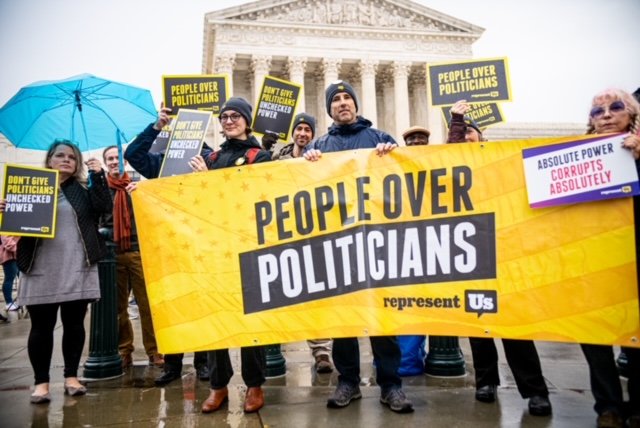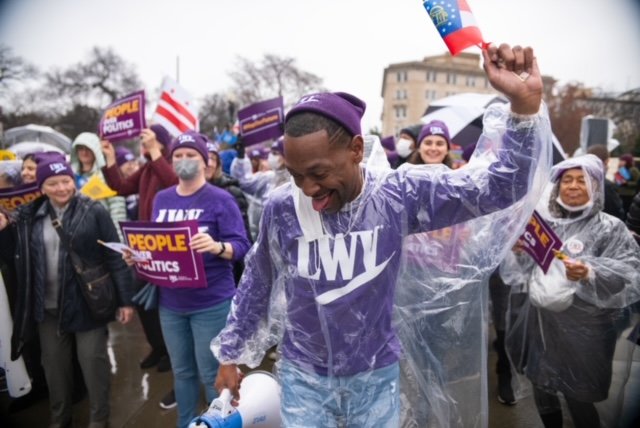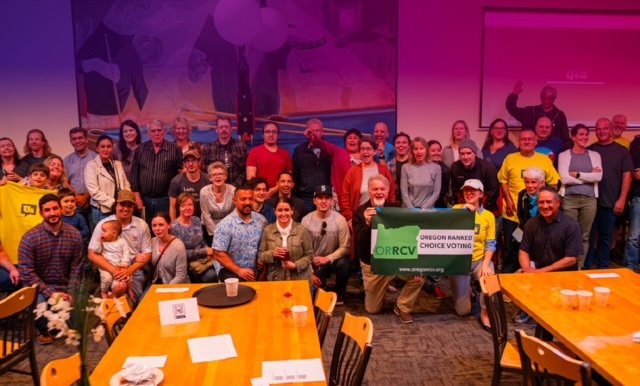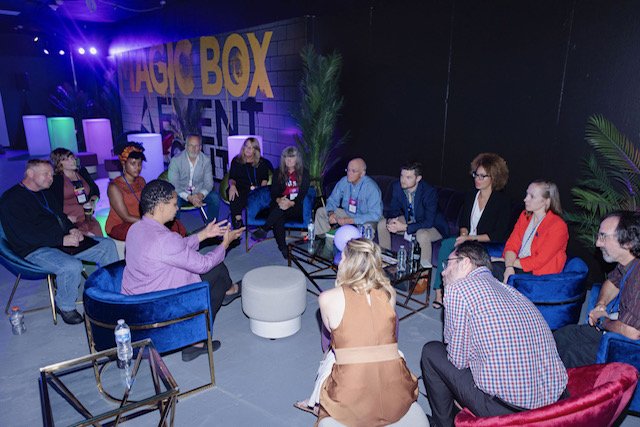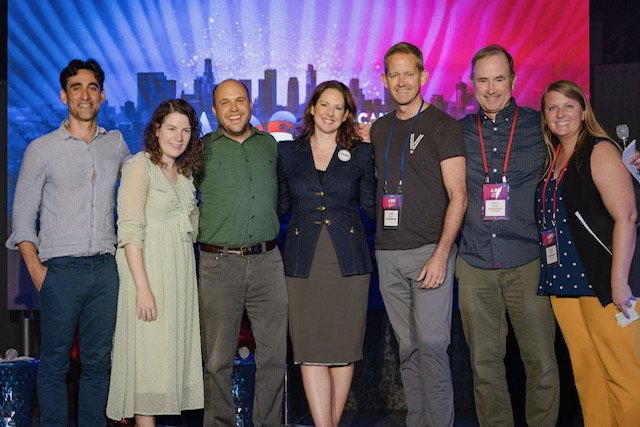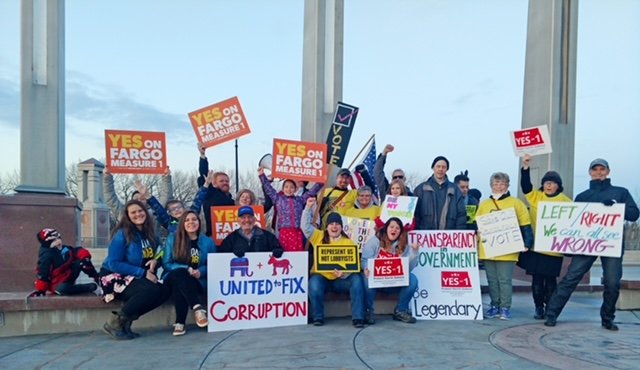A Note From Lita Reyes
One of my guiding principles is philanthropy that speaks to an individual’s values. To that end, I’d like to introduce you to RepresentUs, a nonpartisan, nonprofit organization dedicated to fixing what’s broken in our political system.
RepresentUs began more than a decade ago with an eye toward fighting political corruption and protecting and strengthening our democracy. Since then, the Massachusetts-based organization has won almost 200 victories in cities and states across the country.
I invited the group’s vice president of development, Lauren Bartolozzi, MPA CAP, to share her thoughts on philanthropy and the work of RepresentUs. I think you’ll find much to think about in this guest commentary.
As the group says, “We’re building the movement for an effective and healthy government, and we’re just getting started.”
We all want to change the world. Truly. When I was a kid, I told my parents I wanted to be a philanthropist. My mom shared this with me recently and said she was surprised I knew what the word meant as she didn’t consider herself one, or even close to ever becoming one. To me, that’s a clear signal that we’ve reserved the word “philanthropy” for only those with perceived wealth and have failed to include much of the current population.
However, according to the most recent Giving USA Annual Report on Philanthropy—the gold standard for research on U.S. charitable giving—individuals contributed 64% of the nearly $500 billion directed to charity in 2022. Of that, only 5% was attributed to the mega-gifts. And, of that $500 billion, 64% was directed to charities that most of us care about deeply and see a real need for: religion, human services, education, health.
Unsurprisingly, many of us feel like we’re throwing our charitable dollars into a void and progress is slow or a nonstarter altogether. How can that be? How can nearly $500 billion in one year alone seemingly make no difference?
For me, and many others, the answer is quite simple: We have a dysfunctional political system that incentivizes the wrong things. According to a Princeton University study, it all adds up to the average American having “near-zero impact on public policy.” No wonder Americans across the political spectrum—voters and nonvoters alike—feel powerless. We desperately need to change things.
We need to change things so that the things we really care about—access to health care, a clean and safe environment, affordable education, etc.—can actually get better and we can feel good about the philanthropic investments we’re making.
That’s why I, and so many others, have decided to get to the root of the problem and focus on how our government functions and how we the people can demand a stronger democracy. RepresentUs is working to fix the system by putting country over party, building a movement that reaches beyond politics and helps reshape our culture, and winning transformative new laws in the states to build momentum for national victory.
A new board member at RepresentUs shared his “why” for joining the movement at a recent meeting. He’s experienced an incredible amount of loss in his life and in his family and showed true vulnerability in the face of this. His “why” was that in spite of that loss, and in spite of the grief, he wanted to show up and build a better future for his kids and for humanity. He is choosing to be the change he wants to see in the world, and that’s the best any of us can do.
Members of RepresentUs are on the front lines of change, fighting corruption and working for a stronger democracy.
Photos credit: RepresentUs
That’s what it’s all about—demonstrating through real, tangible actions that our movement is not just structural reform or election work or protecting our democratic culture. The American Democracy Movement is all of those things together, and when we unite, we’re so much more powerful.
Philanthropy is often described as a “love of humanity.” At the end of the day, we all want to be the change that we want to see in the world.
Does your giving match your values? Let’s talk about what’s important to you and how you can make a difference.

